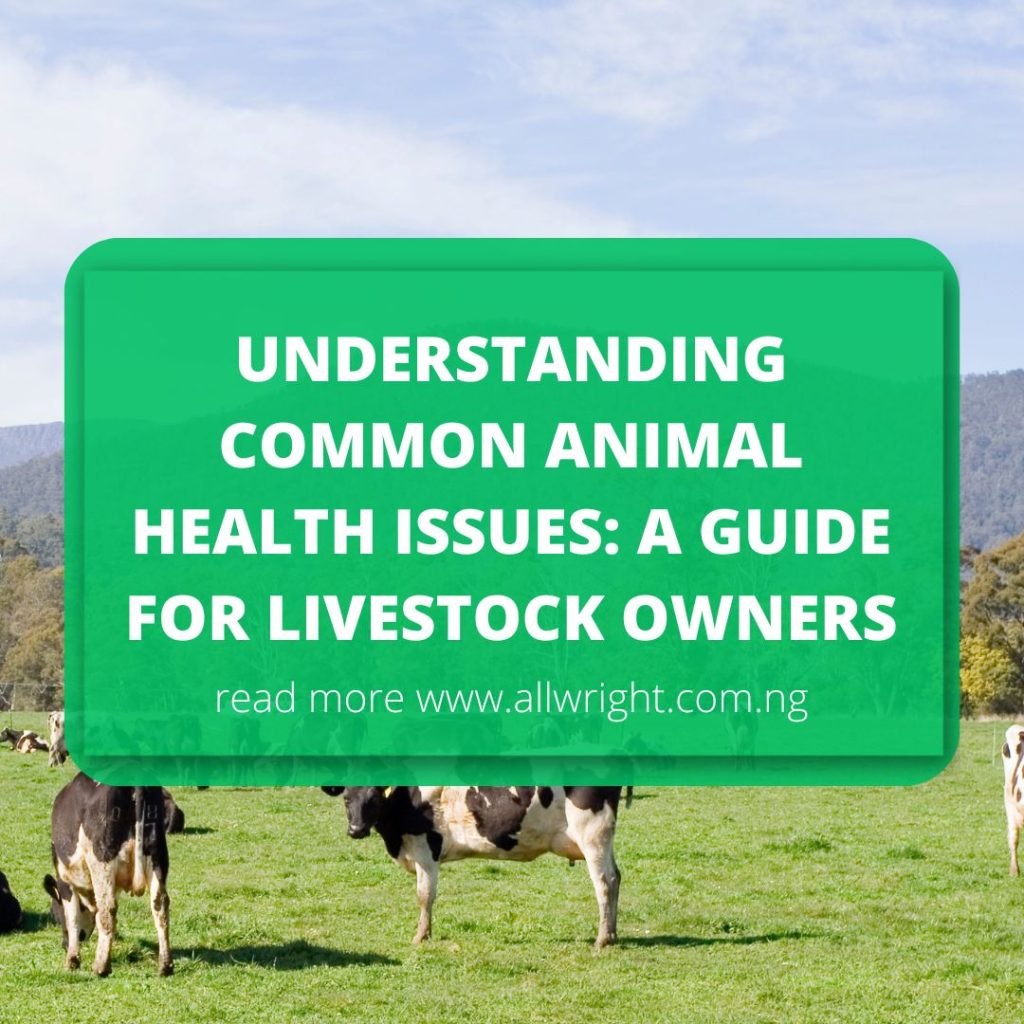
As a livestock owner, ensuring the health and well-being of your animals is very important. However, navigating the complexities of animal health issues can be challenging.
Let’s explore some of the most common health issues that affect livestock and provide practical tips for prevention and management.
Identifying Common Health Issues:
- Parasites: Parasitic infestations, such as worms and ticks, can wreak havoc on livestock health. Regular deworming and parasite control measures are essential to prevent infestations and maintain optimal health.
- Respiratory Diseases: Respiratory infections, such as pneumonia, can spread rapidly among livestock, especially in crowded or poorly ventilated environments. Proper ventilation, vaccination protocols, and prompt treatment of sick animals are crucial for preventing respiratory diseases.
- Reproductive Disorders: Reproductive issues can significantly impact livestock productivity. These may include infertility, abortion, and dystocia (difficult birth). Regular reproductive health checks, proper nutrition, and adequate housing are vital for maintaining reproductive health in livestock.
- Nutritional Deficiencies: Inadequate nutrition can lead to a host of health problems in livestock, including poor growth, reduced milk production, and susceptibility to diseases. A balanced diet tailored to the specific nutritional needs of each species and regular monitoring of body condition are essential for preventing nutritional deficiencies.
- Metabolic Disorders: Metabolic disorders, such as ketosis and acidosis, can occur due to imbalances in diet or metabolism. Close monitoring of feed intake, proper ration formulation, and timely intervention are critical for preventing and managing metabolic disorders in livestock.
Preventive Measures:
11. Implement a robust vaccination tailored to the specific health risks in your region.
2. Maintain good hygiene practices, including regular cleaning of housing facilities and equipment.
3. Provide access to clean water and nutritious feed.
4. Monitore livestock closely for signs of illness and seeking veterinary care promptly when needed.
5. Quarantine new animals before introducing them to the herd to prevent the spread of diseases.
Remember, preventative management and timely intervention are key to ensuring the well-being of your livestock and the success of your operation.
Invest in Allwright Limited today!

Leave a comment
You must be logged in to post a comment.